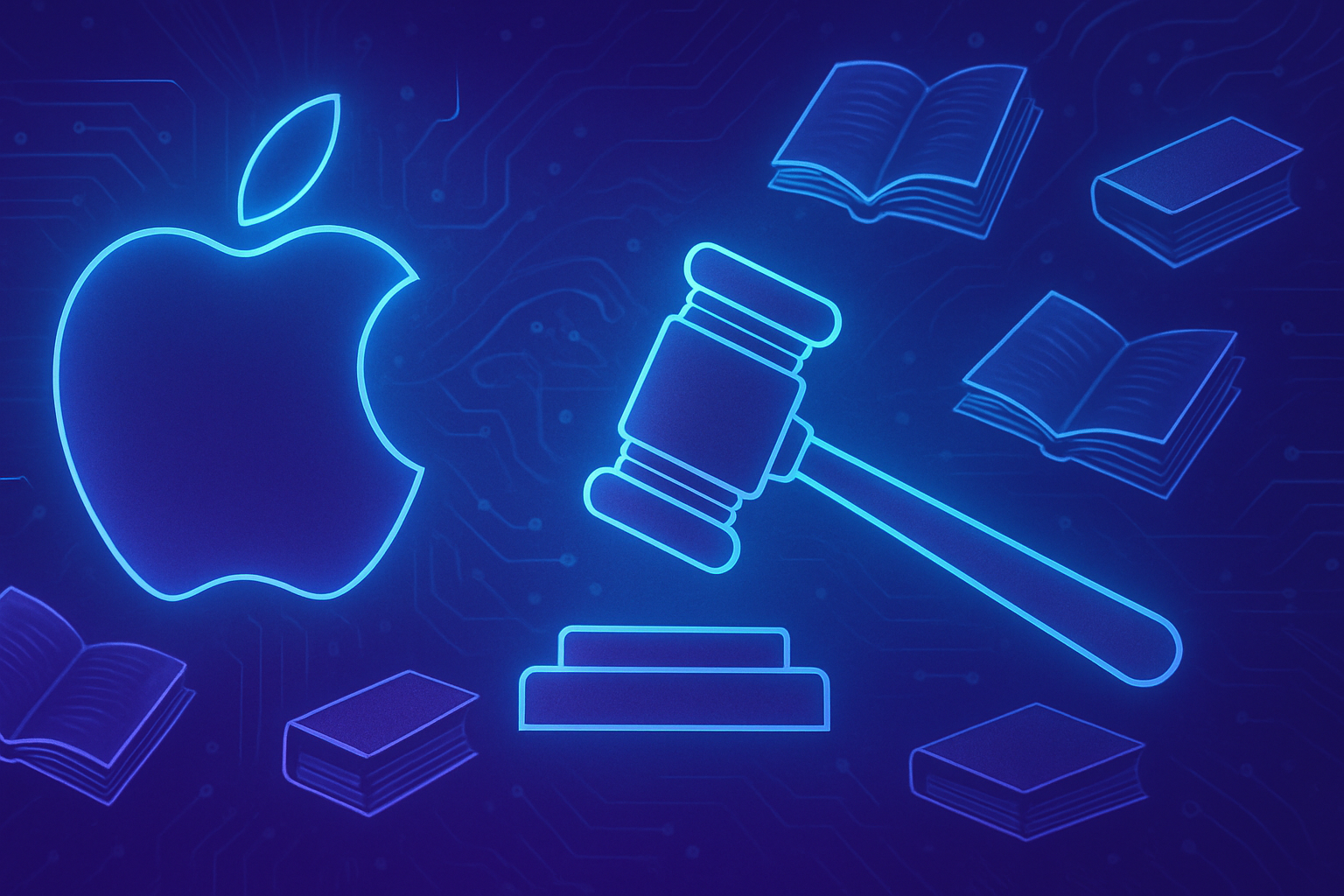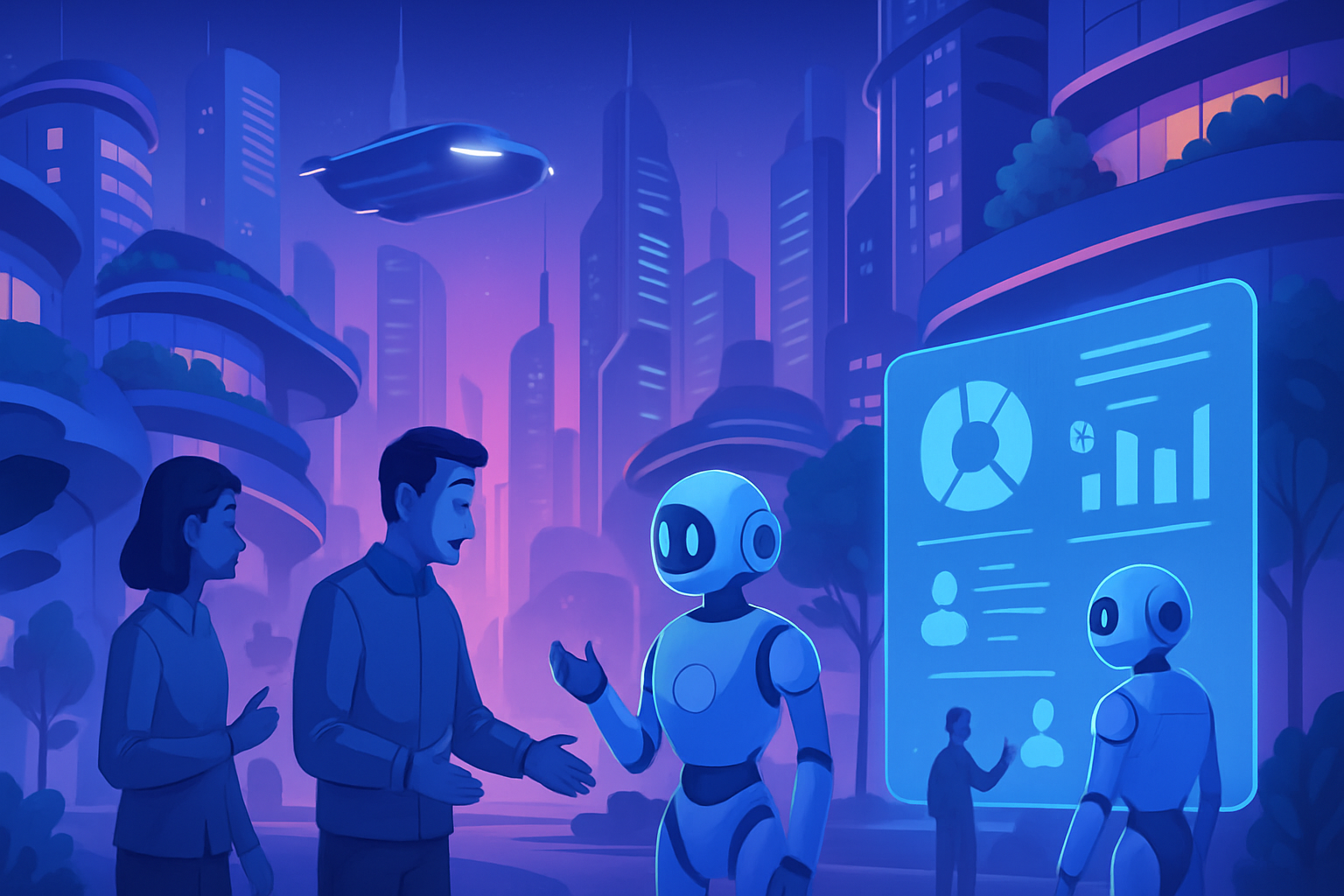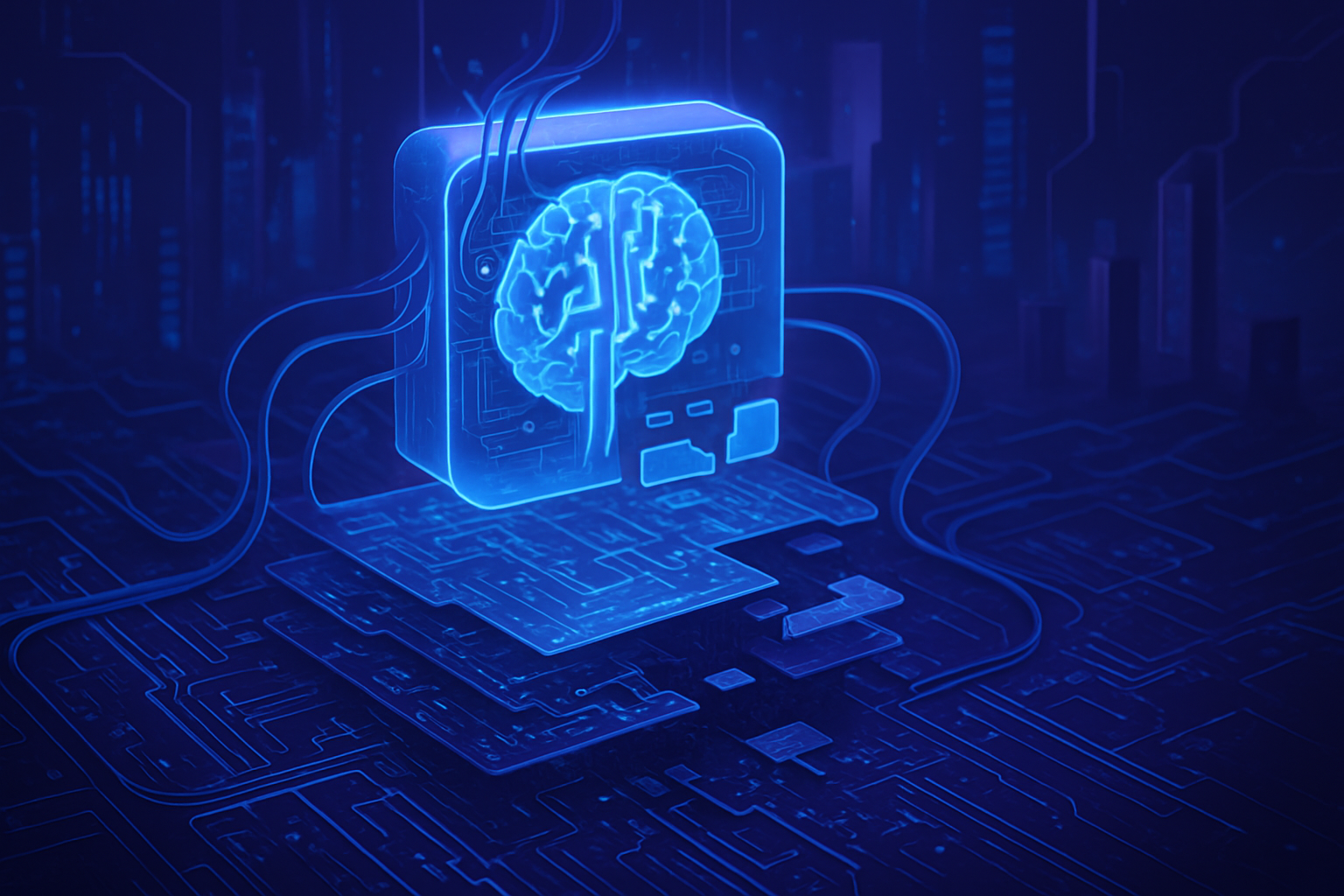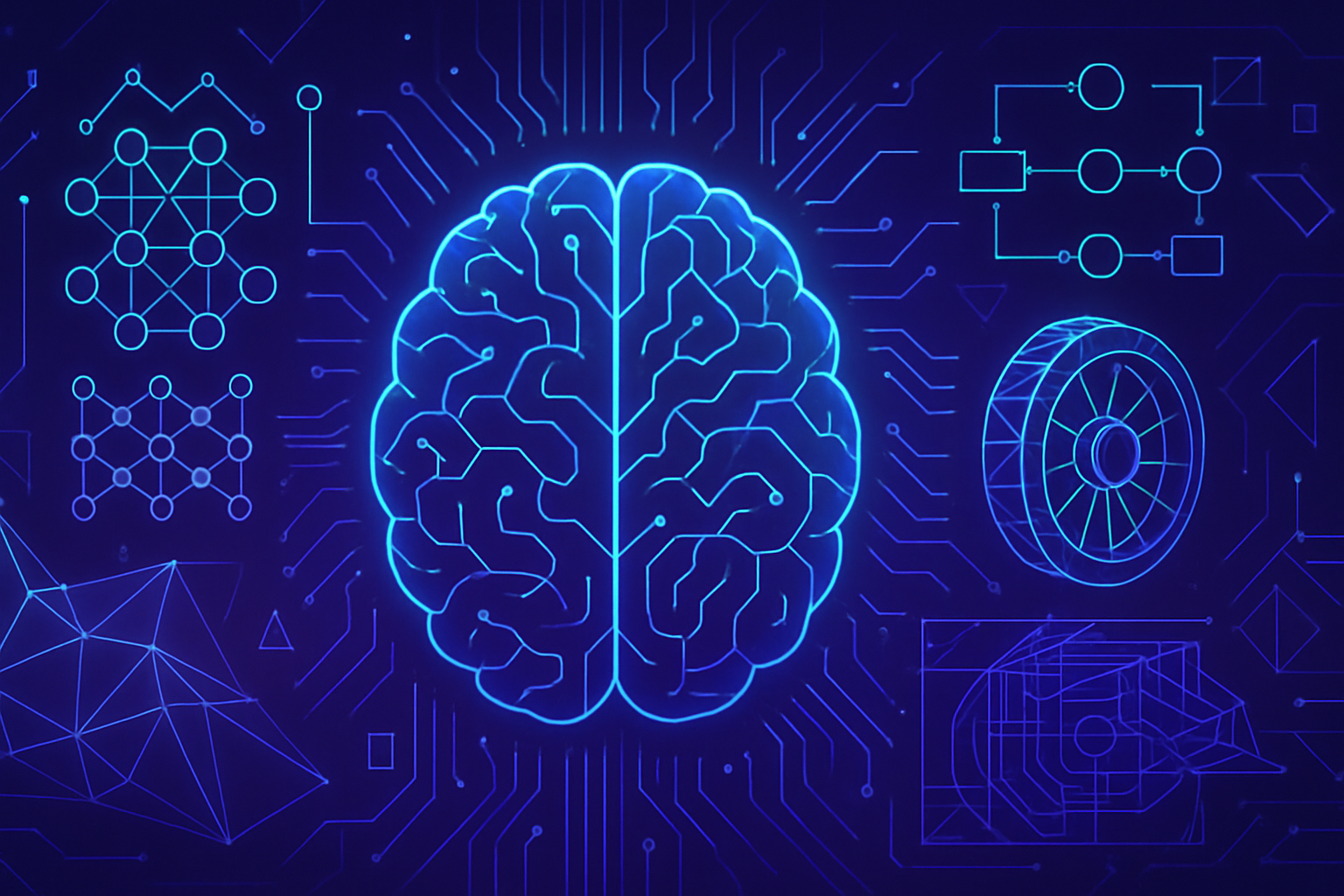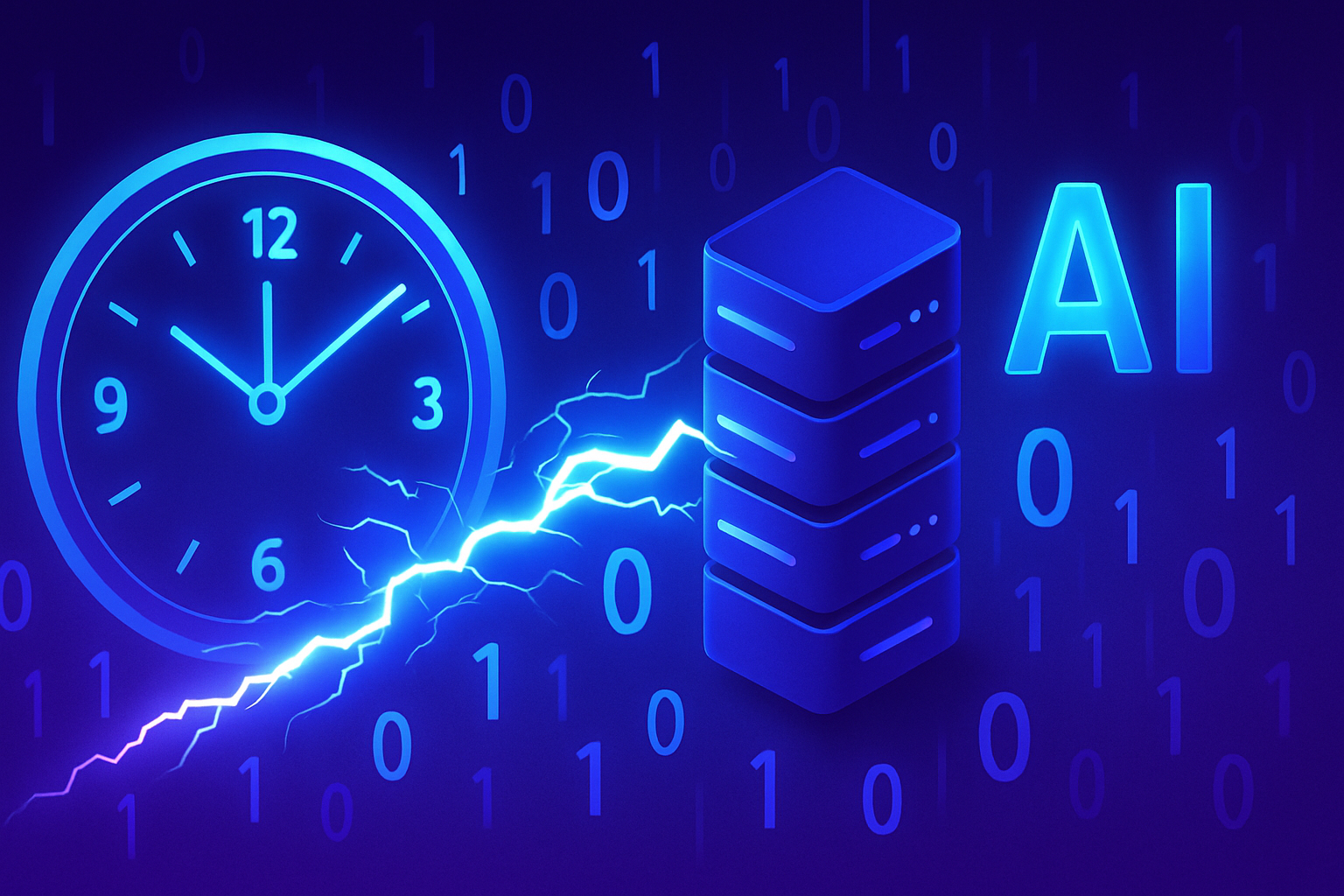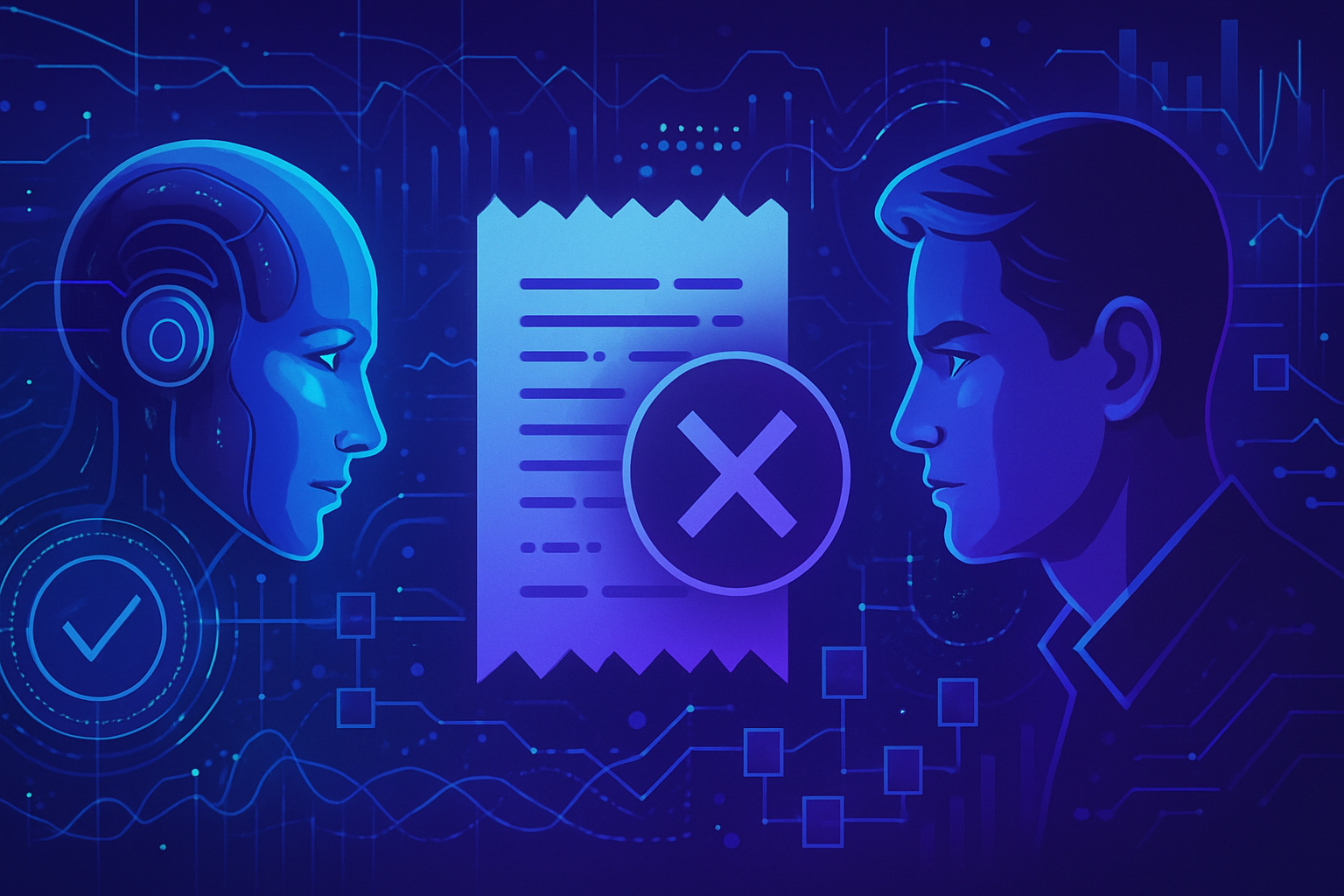Apple finds itself at the center of a legal storm, accused of using pirated books to train its artificial intelligence. Authors Grady Hendrix and Jennifer Roberson denounce what seems to be exploitation without consent, leading to a potential copyright infringement. This case raises critical questions about the responsibility of tech giants in relation to artistic creation. Hundreds of thousands of authors could find themselves harmed by this systematic practice. The economic and ethical stakes are crystallizing as Apple attempts to navigate the turbulence of a rapidly expanding market.
Legal action against Apple
Grady Hendrix and Jennifer Roberson, two authors, have filed a lawsuit against Apple. This action stems from accusations that the company has violated their copyright. The plaintiffs argue that Apple used their books to train its artificial intelligence model without prior consent.
The piracy allegations
The plaintiffs claim that Apple exploited a dataset of pirated books, including their works, to train its artificial intelligence. They mention the possibility that Applebot, a tool of the company, accesses “ghost libraries,” providing books protected by copyright. As a result, these libraries harbor unauthorized works, including those of the two concerned authors.
Impact on authors
The two writers emphasize that Apple’s unauthorized use of their works harms their economic standing. By not compensating them for their contributions, the company jeopardizes the commercial future of their creations. The plaintiffs specify that: “This conduct has deprived the plaintiffs and the class of control over their work.”
Status of the lawsuit
The lawsuit aims to obtain class status due to the considerable number of works and authors impacted by this case. The plaintiffs argue that the absence of compensation exacerbates the economic devaluation of their work. Apple thus finds itself exposed to severe criticism for its business practices.
Larger legal context
This lawsuit is part of a series of litigations against companies developing generative artificial intelligence technologies. On the other hand, OpenAI is facing lawsuits from media such as the New York Times, as well as complaints from non-profit press organizations.
Other similar cases in the industry
Anthropic, an artificial intelligence company, recently agreed to pay $1.5 billion to settle a lawsuit filed by authors. This settlement concerned the use of pirated books to train its AI. Reportedly, the 500,000 affected authors will receive $3,000 per work, highlighting the stakes for creators.
Consequences for the literary industry
The Apple case could set a precedent in the management of copyright and literary works. Growing concerns about piracy reveal a gray area in the training of machine learning models. The implications are vast for writers, publishers, and AI companies, as illustrated by another case where Meta allegedly used millions of pirated books. For more information, check out this article addressing similar implications.
Frequently asked questions
Why is Apple being sued over the use of pirated books?
Apple is being sued by authors Grady Hendrix and Jennifer Roberson, who accuse the company of using their books, as well as other protected works, for training its artificial intelligence model without their consent, by accessing obscure libraries of pirated books.
What are the potential consequences of this case for Apple?
This case could lead to significant financial damages for Apple, including penalties, if the plaintiffs succeed in proving that the company violated their copyright. Additionally, it could harm the company’s reputation and affect user trust.
What is the current status of the lawsuit filed against Apple?
The lawsuit is currently under review, and the plaintiffs are seeking to obtain class action status due to the high number of authors and books involved in the case, which could maximize the impact of the decision.
How can authors protect their works against unauthorized use in the future?
Authors can strengthen the protection of their works by ensuring that their copyrights are properly registered, actively monitoring the use of their texts online, and taking prompt legal action in case of any identified violations.
What are the implications of this case for other companies developing AI technologies?
This case could have repercussions for other AI companies, as it paves the way for similar lawsuits. It could prompt these companies to reevaluate their training practices and ensure that they do not use protected content without authorization.
Are there other cases of copyright infringement related to AI ongoing?
Yes, many companies working on AI technologies are facing lawsuits for similar allegations. Notable cases include complaints filed against OpenAI, The New York Times, and others. This is complemented by class settlement agreements, such as the one reached by Anthropic, which had to pay millions for similar violations.
What types of books are considered pirated in this context?
Pirated books include those that are protected by copyright and are available on unauthorized platforms or online libraries that distribute works without the permission of rights holders.
What impact can this lawsuit have on generative content creation by AI?
This lawsuit raises ethical and legal questions about the use of protected data to train AI models, which could limit the available data sources and reinforce the need for stricter regulation in the field of AI.
